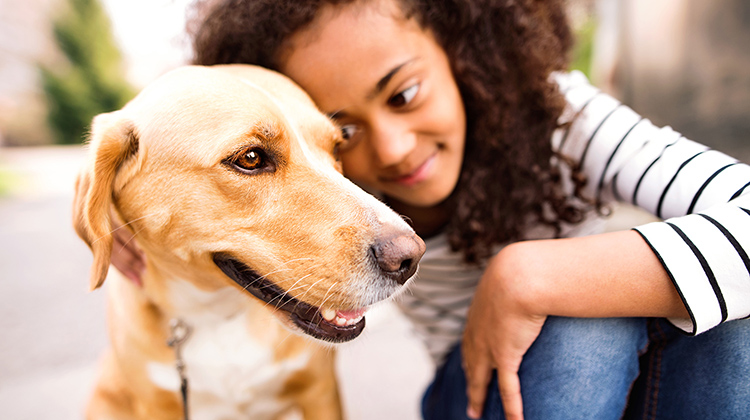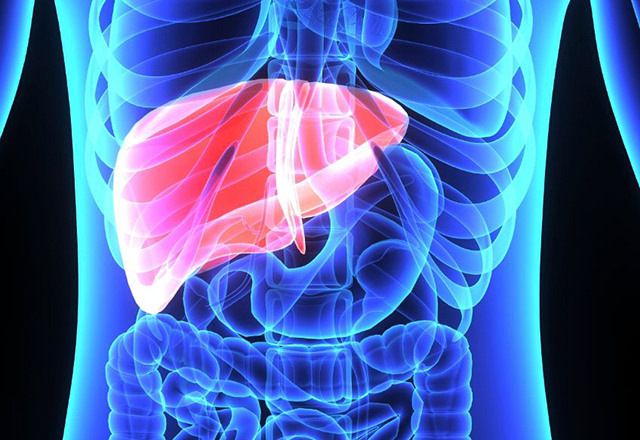Alex Harrison-Flaxman is a kidney transplant recipient who understands the rollercoaster of emotions that patients face after transplant.
“Being a transplant recipient is an absolute blessing, but it doesn’t come without its challenges,” says Harrison-Flaxman. “It’s a constant battle to stay vigilant and be on top of your care. But having my dog Bendel makes it a little more bearable when my anxiety is high, and the road ahead seems impossible.”
Up to 63% of transplant recipients experience depression or anxiety during the first several years post-transplant.1 This makes organ transplant recipients ideal candidates for owning pets that—through companionship—provide emotional support, ease anxiety, depression, and other phobias.
Read the full article, here.





